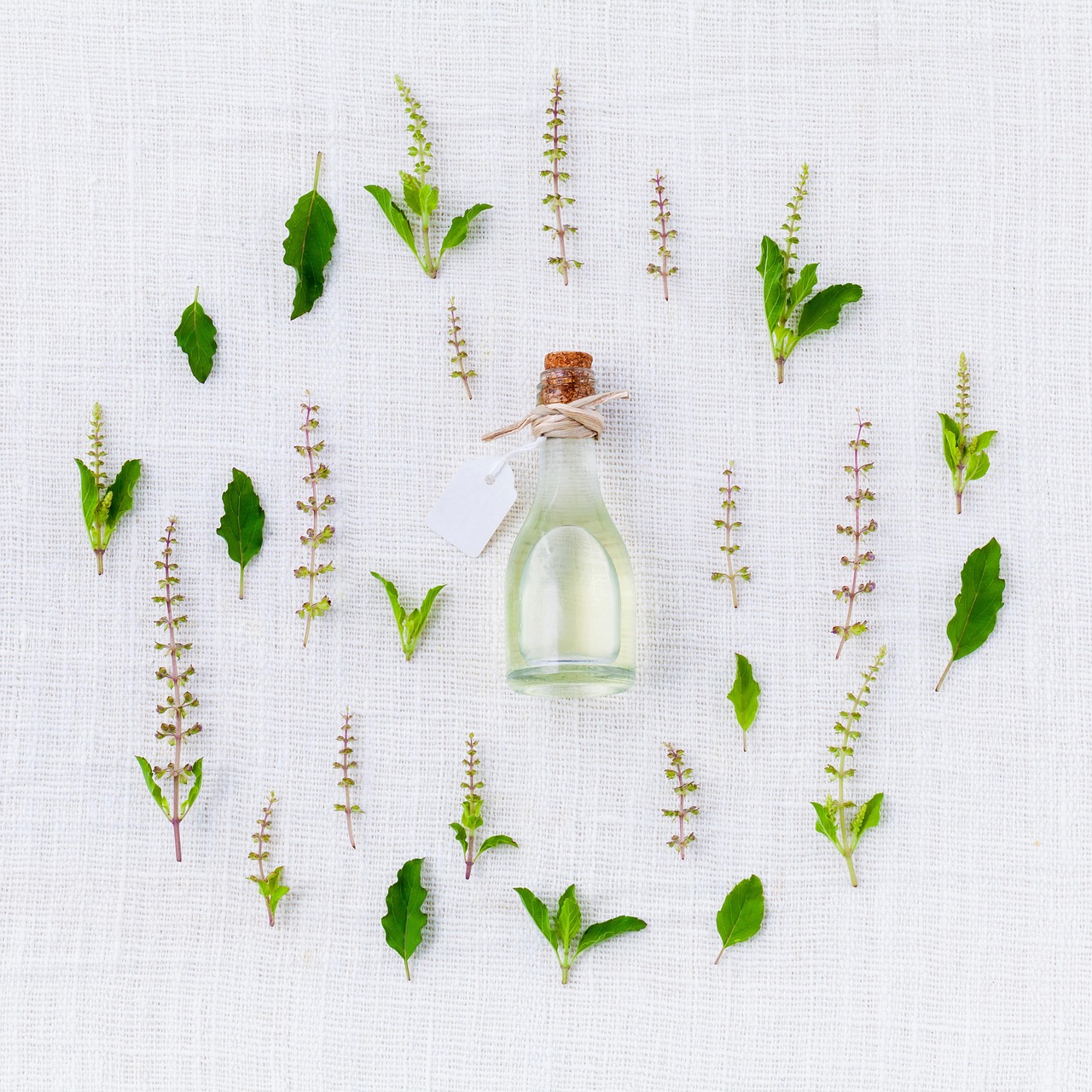Unraveling the Healing Power of Aromatherapy: A Deep Dive into its Origins, Benefits, and Scientific Credibility
In our quest for holistic wellness and natural healing methodologies, let's turn our attention to an ancient practice that has been gaining modern recognition: aromatherapy. This article will delve into the history of aromatherapy, its current trends, and the science behind its therapeutic benefits, providing you with a comprehensive understanding of this fascinating wellness strategy.

The Origins and Evolution of Aromatherapy
Aromatherapy, the therapeutic use of essential oils extracted from plants, has a rich history dating back thousands of years. The ancient civilizations of Egypt, China, and India were known to use aromatic plant components for religious rituals, beauty care, food preparation, and medical purposes. Over time, this practice evolved and found its place in modern-day wellness strategies, thanks to the growing interest in natural and holistic healing methods.
The Aromatherapy Boom: Current Trends and Insights
In today’s wellness-focused society, aromatherapy has seen a resurgence in popularity. This is not surprising given the increasing consumer shift towards natural and holistic therapies. Essential oils, the cornerstone of aromatherapy, are now widely available and used for a range of purposes from stress relief to improving sleep quality and boosting mood.
Unpacking the Science: How Does Aromatherapy Work?
The scientific community’s interest in aromatherapy has grown in recent years, leading to a wealth of studies examining its potential health benefits. When inhaled, the molecules in essential oils interact with the brain’s limbic system, which is involved in controlling emotions, memory, and behavior. This interaction is believed to trigger physiological responses, including changes in heart rate, stress levels, blood pressure, and immune function.
Enlightening Facts & Insights about Aromatherapy
- Lavender essential oil is one of the most studied oils due to its potential to reduce anxiety and promote sleep.
- Despite the common belief, essential oils are not truly oils. They lack the fatty acids that actual oils contain.
- The quality of essential oils can greatly impact their therapeutic benefits. Always opt for pure, high-quality essential oils from reputable sources.
- Some people may have allergic reactions to certain essential oils. It’s always recommended to do a patch test before using a new oil.
A Balanced Perspective: Benefits and Challenges
While the benefits of aromatherapy are promising, it’s important to approach it with a balanced perspective. Essential oils are potent, and improper use can lead to adverse effects. Therefore, it’s crucial to use them responsibly and preferably under professional guidance. Moreover, while aromatherapy can complement traditional medicine, it should not replace conventional medical treatment.
In conclusion, aromatherapy, with its origins steeped in ancient civilizations, has emerged as a scientifically backed wellness strategy in the modern era. Its potential benefits range from stress relief to immune support, making it a valuable tool in our holistic health arsenal. However, it’s essential to use it responsibly and understand that it complements, but doesn’t replace, traditional medicine. As we continue to explore the healing power of nature, aromatherapy stands as a testament to the potential that lies in our natural world.




